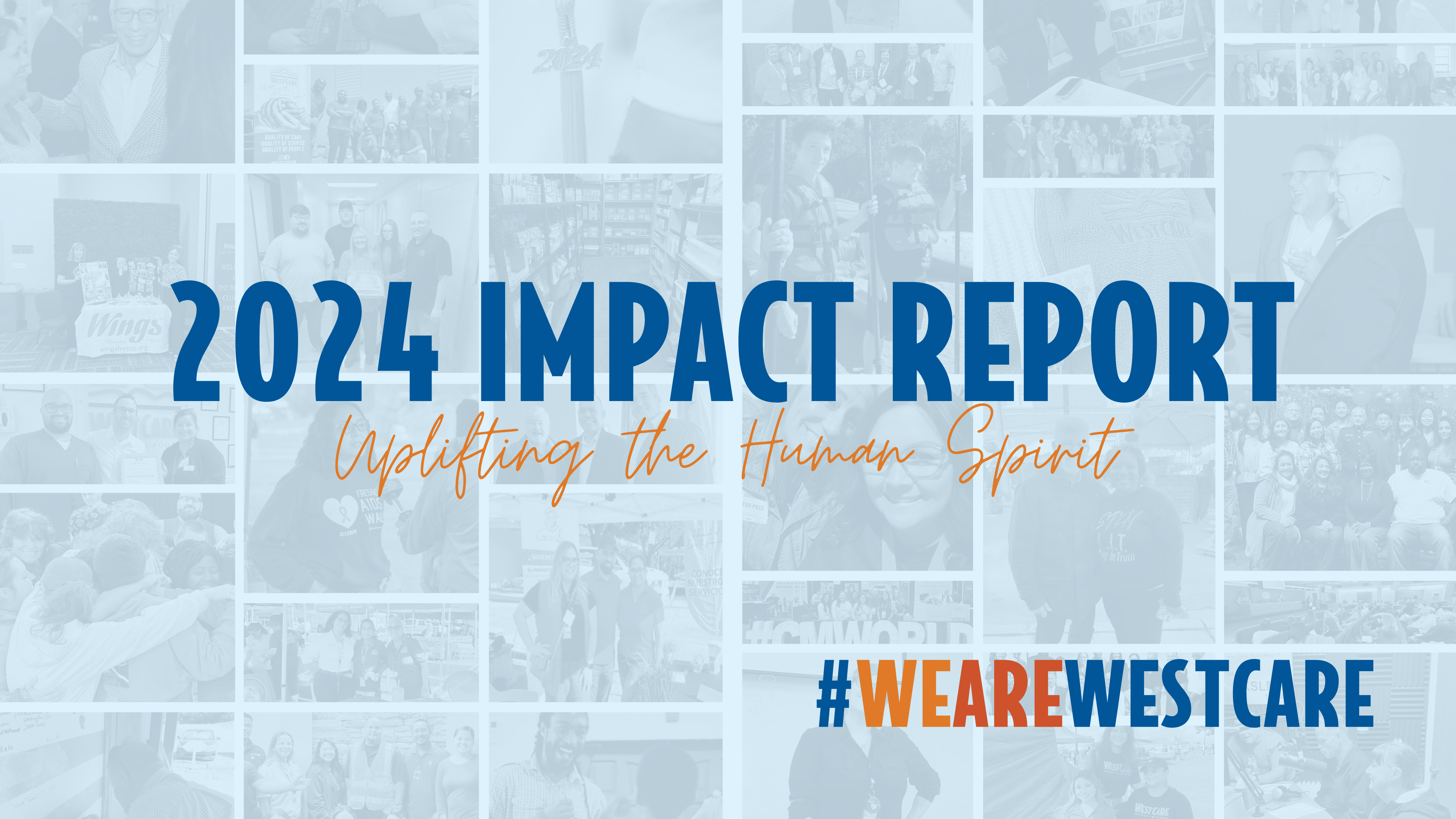Re: Comments on AQ82 – Proposed Rule – Schedule Rating Disabilities: Mental Disorders (Docket No. VA-2022-VBA-0010-0001)
Dear Dr. Vvedenskaya,
The undersigned submit the following comments, regarding the Proposed Rule to amend the portion of the rating schedule dealing with mental disorders, on behalf of WestCare Foundation (WestCare).
We support the Department of Veterans Affairs (VA) proposal to amend the portion of the rating schedule dealing with mental disorders, including revising the General Rating Formula for Mental Disorders and combining currently separate General Rating Formula for Mental Disorders with the General Rating Formula for Eating Disorders in the VA Schedule for Rating Disabilities (VASRD or rating schedule). The proposed rule reflects changes made by the American Psychiatric Association’s Diagnostic and Statistical Manual of Mental Disorders 5 (DSM-5), advances in medical knowledge, and recommendations from VA’s Mental Disorders Work Group.
As the understanding of disability resulting from mental disorders has evolved with the science, so has the ability to recognize and quantify the symptoms that form both the diagnosis as well as its attendant disability. The proposed rule change considers a condition’s impact on cognition, relationships, and ability to complete tasks, care for oneself and perform activities necessary for functioning daily.
Rigorously evaluating mental disability requires the ability to recognize and quantify the symptoms that form the diagnosis as well as resulting impairment. While symptoms determine the diagnosis, they do not necessarily translate directly to functional impairment. To accurately measure functional impairment, the VA must consider the frequency and severity of the symptoms and how they impact human behavior and functioning. The proposed rule changes are necessary to address potential inadequacies in the current mental health criteria of the VASRD. The current rating schedule assesses for the number of symptoms present and assigns a rating, an approach that fails to understand the nature of mental health in that simply having a larger number of symptoms is not reflective of the decapacitating effects that a mental health issue can have on one’s ability to function effectively.
The proposed changes reflect modern medicine and a better understanding of how diagnoses and treatments affect veterans’ lives. The proposed changes better recognize the impact of mental health on individuals’ well-being by placing greater emphasis on a disabled veteran’s ability to function in the work setting, rather than focusing on symptoms alone.
The proposed updates to the rating schedule will enable the VA to incorporate modern medical data and terminology to provide veterans with more accurate and consistent decisions. By incorporating modern medical data in the assessment of mental disorders and how they impact individuals, veterans will receive evaluations that more accurately compensate them for their service-connected disabilities.
The current VA disability rating system does not adequately provide compensation to make up for earnings lost if a veteran misses work or can’t work as the result of a service-related mental health condition. Individuals with mental disorders such as PTSD, depression, anxiety, and adjustment disorders frequently experience recurrent absences from work. As compared to physical disorders, mental disorders cause less engagement in life activities, including work. Moreover, compared to the general population, the risk of recurrent sickness absence is higher for employees with mental disorders, and such recurrent absences are often more serious and long-lasting.
The proposed changes would do away with a rule that states a veteran cannot receive a 100% rating for a mental health condition if they’re able to work. Maintaining employment doesn’t prevent veterans from being rated 100% for physical health conditions, so it shouldn’t prevent them from being rated at 100% for a mental health condition. The new evaluation criteria will measure a veteran’s essential ability to participate in the work environment and the impact of the mental disorder on earning capacity, analyzing the frequency, intensity, and overall severity of occupational and social impairment due to the diagnosed mental disorder and in accordance with the updated clinical standards of the DSM-5.
The new criteria will more accurately capture the occupational impairment caused by mental disabilities and provide more adequate compensation for the earnings losses experienced by veterans with service-connected mental disorders. Furthermore, the new criteria will evaluate mental disorders based on how impactful the mental health issue is on functionality. Conditions like anxiety, depression, adjustment disorder, or post-traumatic stress disorder would be evaluated on how they affect veteran’s ability to perform everyday functions. A standardized assessment for disability related to mental health will attribute to a more reliable disability exam. A general rating will help create a common language between clinicians and adjudicators, thus ensuring evaluations are accurate and consistent with modern medicine.
Under the proposed changes, the assessment of functional impairment and disability is separate from the diagnosis of the disease. The change should mean more reliable and consistent ratings for veterans seeking help for their mental disorders. Assessing disabilities by the impact they have on earning capacity will allow the department to compensate veterans more accurately for their service-connected disabilities. The new criteria will ensure that veterans receive decisions based on the most current medical knowledge relating to their condition.
Thank you for your consideration. WestCare stands ready to work with the VA to ensure that the proposed changes provide an opportunity for the VA to bring its VSARD policies into the 21st century. The next step will require crafting policies that reflect modern medicine on the association between symptoms, diagnosis, and functional impairments.
Sincerely,
Richard E. Steinberg, President/CEO
Jason Engel, DBH, MBA, LCSW, LCADC, Chief Clinical Officer
Craig Knierim, USAF, Col (ret), Senior Vice President of Veterans Services


